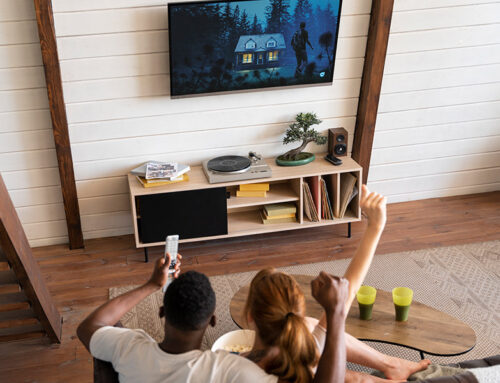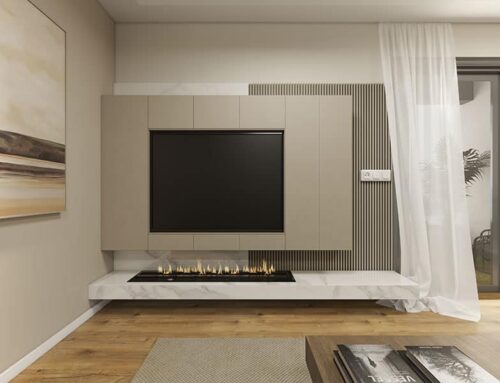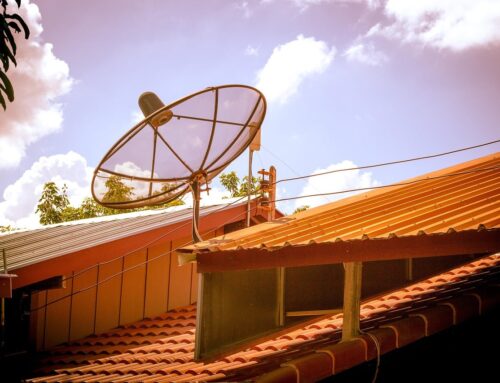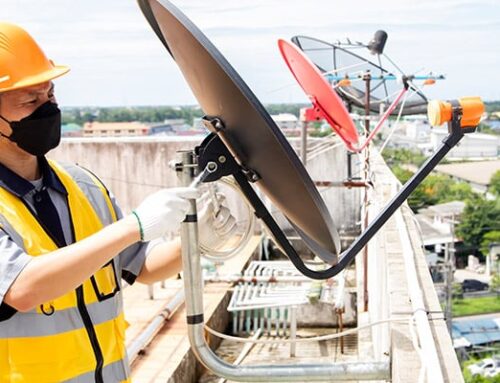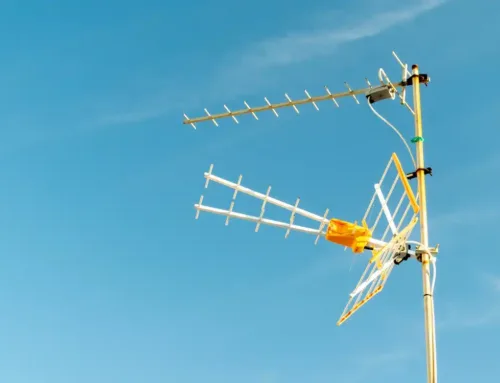Having crystal-clear television reception shouldn’t be a luxury. In a city like Sydney, where many homes rely on free-to-air TV for news, entertainment, and sports, poor signal quality can be incredibly frustrating. If you’re constantly dealing with glitchy channels, pixelated images, or signal dropouts, you’re not alone. Thousands of Sydney residents struggle with reception issues every day, and most of them have no idea what’s causing it or how to fix it. In this guide, we’ll walk you through what interferes with TV reception in Sydney homes, how to troubleshoot signal problems, and what steps you can take to improve your antenna performance, including when it’s time to call in an expert.
Why Your Antenna Signal Might Be Weak
There are a number of reasons why your television reception might be less than perfect. While the TV and set-top box often get blamed first, the root of the issue usually lies in the signal path, from the broadcast tower to your antenna, and then down into your home via cables and splitters. Here are the most common culprits that weaken signal strength in Sydney:
- Physical obstructions like trees, tall buildings, or hills can block or reflect broadcast signals
- Poor positioning or alignment with local towers
- Ageing or damaged antennas that aren’t built for digital broadcasting
- Worn or corroded cabling which can break signal continuity
- Interference from other electronics, especially in high-density areas
- Multiple TVs sharing one antenna without proper signal distribution
In most cases, it’s not just one thing, it’s a combination of issues that build up over time and gradually erode the quality of your reception.
Step-by-Step Guide to Improving Your Antenna Signal
Not all signal problems require professional help. Sometimes, a few simple adjustments can improve reception dramatically. Here’s what you can try before calling in a technician.
- Check Your Cabling and Wall Sockets
Start by inspecting the coaxial cable that runs from your wall socket to the TV. If it’s loose, frayed, bent, or old, it could be the weak link. Replacing this cable with a high-quality quad-shielded RG6 cable can eliminate signal loss and improve clarity.
- Avoid Using Too Many Splitters
Every time a signal is split between multiple TVs or rooms, it becomes weaker. If you’ve got splitters branching the signal in several directions, try to reduce them or install a powered splitter that maintains signal strength.
- Realign Your Antenna
Misalignment is one of the most common reasons people in Sydney lose signal quality. If your antenna isn’t pointed in the right direction, even the best equipment won’t perform. Correcting alignment is one of the easiest ways for homeowners to boost antenna reception.
- Raise the Antenna Higher
While not a guaranteed fix, raising the antenna can improve line of sight and reduce obstructions, especially in hilly or built-up suburbs. This is one of the most overlooked ways to boost antenna signal without spending extra on equipment.
- Reduce Electronic Interference
Common culprits include microwaves, routers, solar inverters, and LED downlights. If your signal cuts out at night when lights go on, interference could be to blame. Try eliminating or relocating these devices to test for improvements.
When to Use a Signal Booster
Installing an amplifier or antenna signal booster is a popular fix, but only when used correctly. These devices help improve weak signals coming from the antenna, especially in homes far from broadcast towers or with long cable runs. However, adding a booster when it’s not needed can actually cause distortion.
Use a signal booster when:
- You live more than 20km from a broadcast tower
- You’re in a valley or shaded area
- Your home has multiple TVs connected to one antenna
- Cabling is long or runs through multiple splitters
If you’re wondering how to boost my antenna signal without causing distortion, always test signal levels first or get help from a technician.
Indoor vs Outdoor Antennas
Indoor antennas work best in apartments or homes near broadcast towers, but they rarely deliver stable reception in suburban or coastal Sydney areas. If you’re relying on one now and still having trouble, consider switching to a professionally installed outdoor system.
Outdoor antennas are larger, more durable, and better suited to Sydney’s weather conditions. When paired with proper alignment and quality cables, they offer the best chance to boost antenna signal long-term.

Common Myths About Antenna Boosting
Let’s clear up a few common misconceptions:
- Myth: A stronger antenna will fix everything
Reality: Without proper alignment and quality cables, even the best antenna will struggle. - Myth: Digital TV doesn’t need a strong signal
Reality: It does, and it’s less forgiving than analogue. When the signal drops, you lose everything. - Myth: A booster always helps
Reality: Not if your signal is already strong. In fact, it can make things worse.
When You Should Call a Professional
If you’ve followed all the steps above and you’re still having reception issues, it’s time to bring in a licensed expert. A professional can use diagnostic tools to test the exact signal strength at your antenna and inside your home. They’ll know precisely how to boost antenna signal safely, effectively, and legally.
Professional services often include:
- Realignment of your antenna
- Cabling replacement or upgrades
- Safe installation of masthead or distribution amplifiers
- Full TV retuning and channel scanning
- Troubleshooting for interference or damaged wall plates
If you want to skip the trial and error, a visit from an experienced antenna specialist can save you time and money.
Summary: Clear TV Is Within Reach
If you’ve been struggling with unreliable channels, static, or constant scanning, don’t give up. There are practical steps you can take to fix the issue. Whether it’s a better cable, smarter placement, or understanding how to boost antenna signal in your specific suburb, most problems have a solution. But if you’re not sure where to start or don’t want to get on the roof, call in a local technician who can assess your situation and make expert recommendations. For many homes, clearer reception is just a few adjustments away.


